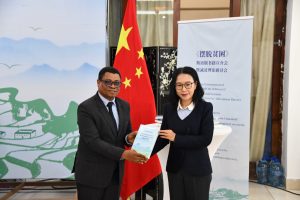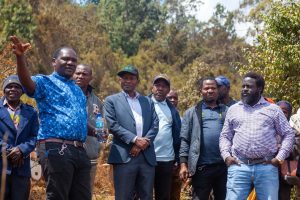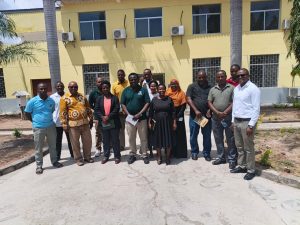TARI, ICIPE Launches Major Initiative To Assist Farmers In Country’s Fruit-Growing Regions
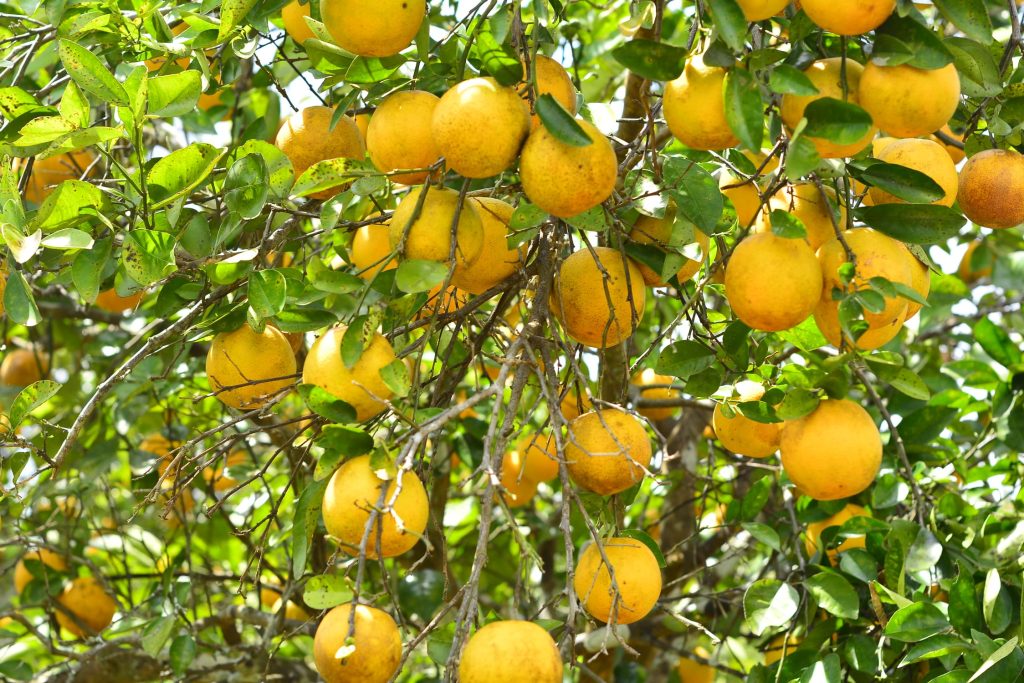
By Senior Reporter, VALENTINE OFORO
THE Tanzania Agricultural Research Institute (TARI) has launched a key project to impart the agricultural extension officers and farmers with useful agronomic practices to limit the pests that attack fruits trees in the country’s fruit-growing regions across the country.
The fruit trees under the project’s main intention incorporates avocado, oranges and mangoes.
Christened ‘Fruit Tree Agroecological-based Integrated Pest Management (IPM) Project’, the three- year initiative is being executed by TARI Ukiriguru in cooperation with the Kenya- based International Centre of Insect Physiology and Ecology (ICIPE) through funds from German Corporation for International Cooperation (GIZ).
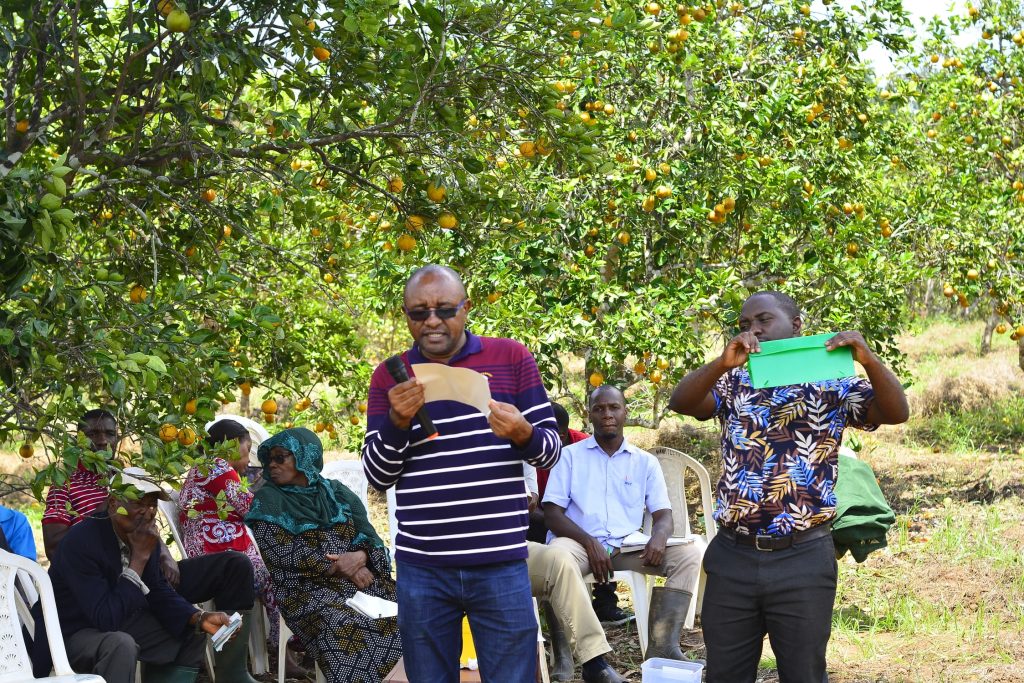
And through the project, a total of 165 extension officers and farmers in Hai and Siha districts of Kilimanjaro region, as well as Muheza district in Tanga region have been trained on integrated pest management for pests attacking avocado, mango, and orange fruit.
Speaking over the weekend during the project’s training held in Tanga, Dr Abdallah Mkiga, the project leader in Tanzania through TARI Ukiriguru said implementation of the project focuses to assist the farmers in the relevant sub- sector to fight professionally against the notorious pests that haunting their plantations.
“This training also meant to ensure that the beneficiary farmers, and the extensional officers are able to identify the fruit tree pests, especially fruit flies and False Codling Moth (FCM), and implement suppression measures using an integrated pest management approach,” he said.
Speaking for his part, Dr. Shepard Ndlela, the team leader from ICIPE unveiled that through integrated pest management, the targeted farmers will also be able to minimize the use of chemical pesticides for high productivity and quality while keeping human and environmental health safe.
Airing their observations, the beneficiaries of the training, among others commended the eco-friendly IPM technologies such as on-farm monitoring, use of biopesticides, male annihilation, baiting techniques, use of natural enemies including parasitoids, and orchard sanitation especially the use of Augmentorium.
Charles Semagongo a farmer in Mkinga village in Muheza district of Tanga region who owns over 1,500 orange trees expressed that the training has assisted him to identify pests that he previously didn’t consider dangerous to his mango and orange orchards.
The other beneficiary who grows oranges in Muheza district, Fatuma Muhammed said that through the training, she can now differentiate natural enemies from pests, added that she has also learned how to integrate them with other compatible control techniques for higher productivity.
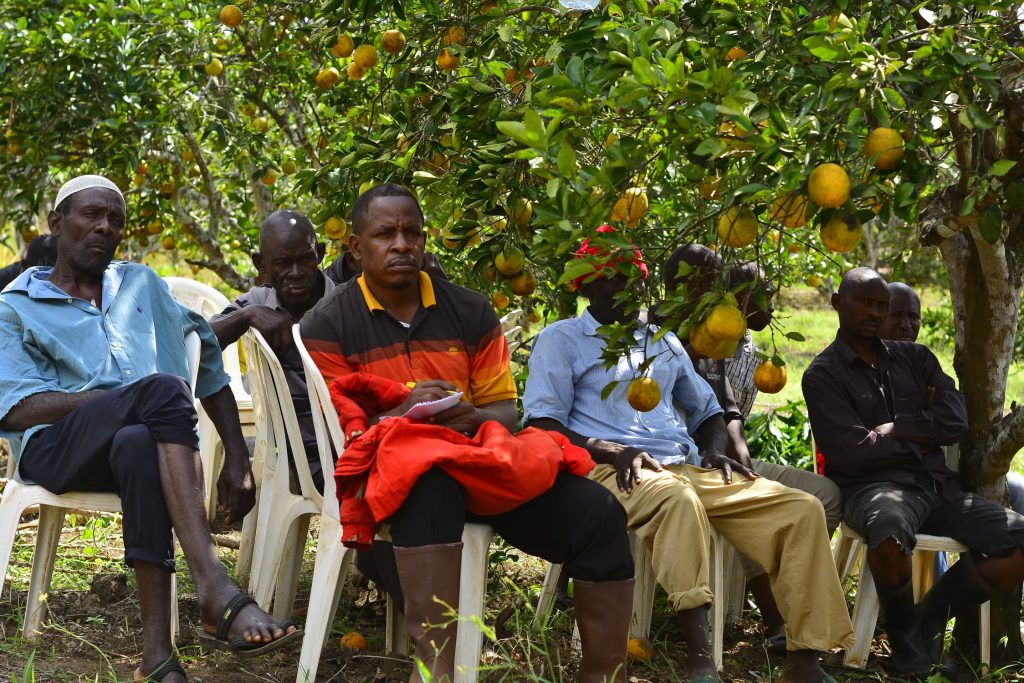
“We knew that these insects (Weaver ants) destroy our oranges, but experts from TARI and ICIPE have told us that they are friendly insects that prevent other insects from attacking oranges,” she expressed.
Earlier during the opening of the training in the Hai district, Hai district commissioner (DC) Lazaro Twange hailed TARI for putting efforts into capacity building for agricultural experts and lead farmers in various parts of the country, including Hai.
“This initiative is part of implementing the government’s goals to improve the agricultural sector,” he said.
The four-day training was conducted by the experienced researchers from TARI Ukiriguru (Mwanza), Tengeru (Arusha), and Mlingano (Tanga) research centres in collaboration with researchers from the International Center for Insect Physiology and Ecology (ICIPE) located in Nairobi, Kenya.
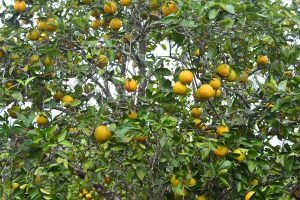
Muheza district executive director (DED), Dr. Juma Mhina for his part said the project has come at the right time and for the right people, referring to fruits as the major source of income for many farmers.
“Apart from being important to the district’s economy, fruit production has been facing pest challenges for a while, and we remain optimistic that implementation of this project will play key role to help solve challenges facing the fruit farmers and hence propel the economic growth of individual residents in the district, and the nation as a whole,” he noted.

